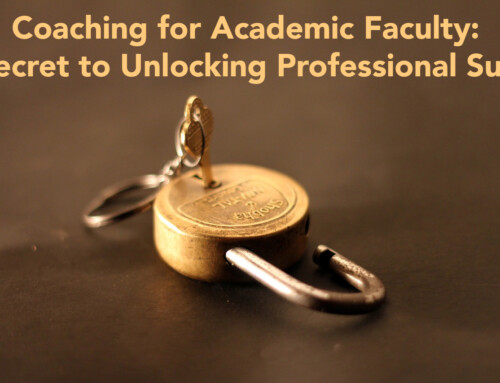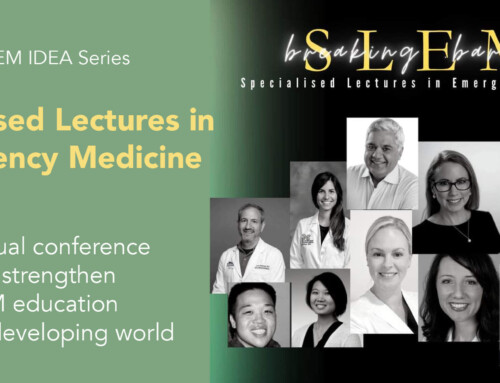
According to Paul Levinson, a Marshall McLuhan scholar, “The medium is the message” in the digital age means that the way we use the medium to consume and produce information is much more important than the content itself. This phrase originated from a book authored by Marshall McLuhan in 1964 called Understanding Media: The Extensions of Man. McLuhan talked about the electronic age as a catalyst for creating a global village. These were some of McLuhan’s viewpoints even before the Internet had been invented. If the ultimate purpose of publishing is to communicate with each other, we should explore how we are carrying on this endeavor, its effects on our thinking process and practices via current medium.
The Medium
Print media has its advantages, but in the digital age its disadvantages might outweigh its use. Our current digital medium (Internet) has many affordances, and people have taken advantage of these by connecting with others, publishing, and consuming information via Personal Learning Networks (PLN). Sometimes the information is published as an Open Educational Resource which allows others to reuse, remix, redistribute, and revise. Another affordance of the Internet is the capability of Open Access publications, a movement started by the Budapest Open Access Initiative in 2002. Peter Suber writes that open access is digital, online, free of charge, and free of most copyright and licensing restrictions. Others have expanded the concept of this movement to include open access of data, science, and peer review to accentuate other attributes with the help of the Internet such as transparency, collaboration, and the forward movement of knowledge.
Digital Visitor / Digital Resident
Drawing from McLuhan’s work, we can see the medium has changed the way we communicate with each other in the digital age. The Internet and each of its Information and Communications Technology (ICT) tools allows us to shape the message according to the platform we use. It also allows us to communicate/connect/learn with whomever and whenever we choose. Dave White stated that we can engage as digital residents or digital visitors depending on our online activities. Residents leave a digital footprint, while visitors use the Internet but do not have a social media persona. Participating in online networks also brings out important issues concerning our personal and professional identities, which has been explored by AnneMarie Cunningham (@amcunningham) who posted blog reflections on this. Keep in mind that traditional hierarchical practices of communications can still exist online and some might still use this method to filter information and social interaction.
Digital / Open Scholarship
Although technology and PLNs help us to filter information and may even enhance our learning, we should still practice critical thinking and “fill” our heads with useful information. Access to information, participating in online communities, and creating content are only a few aspects of online participation. Internet practices such as online learning, networking, and collaborating for the purpose of advancing knowledge can be defined as digital, or open, scholarship, as described by Martin Weller, Eileen Scanlon, and George Veletsianos. This new practice is a bit challenging to define, as there are different opinions about its role in our professional and personal lives. I find that Veletsianos defines it best as:
“scholars’ participation in online social networks to share, reflect upon, critique, improve, validate, and otherwise develop their scholarship.”
The medium is not enough to change the culture
Although there are researchers and non-researchers exploring how online practices are affecting us, it is quite early in the game to propose definitive answers. Our online practices are also teaching us about our offline practices and its limitations. If we are to view the Internet as just an extension of our traditional offline practices, we might be missing how this medium can help us move our knowledge-building forward.
What DOES the democratizing effect of knowledge via #SoMe mean for fairly conservative, hierarchical #medical schools? #weekend #reflections
— Brian Hodges (@BDHodges1) December 29, 2013
In the past, information was mainly passed down only from experts, who acted as a filter, via lectures, oral traditions, textbooks, and articles. Now we have access to that information and the capabilities of creating content. But having access and the capabilities of producing knowledge does not imply a change in culture of all-around participation. The capabilities of having a meaningful dialogue between novices and experts is now more ubiquitous than ever before. With the Internet, we are learning that being producers also helps us learn more about the way we consume information, interact with others, and what it means to “have” knowledge. But not everything that is produced offline, online, by experts or non-experts is of high quality. It is up to us to be our own filters and engage in meaningful dialogue to advance knowledge.
Thus the medium might change the message but it’s not enough to change the culture, which leads me to the conclusion that there’s different ways of participating in online networks.
According to Plato, as explained in the video below, Socrates was not in favor of reading or writing because those activities would not have led to a meaningful dialogue. But now more than ever we have the technology to connect with others, share information, and build knowledge. Now that the message has been changed again, the question is:
What are we going to do with this medium?
This post is inspired after reading Neil Mehta’s (@Neil_Mehta) post on The Social Media Fire Hose Waters Down Discussions – Does Education Need Its Own Academia?




